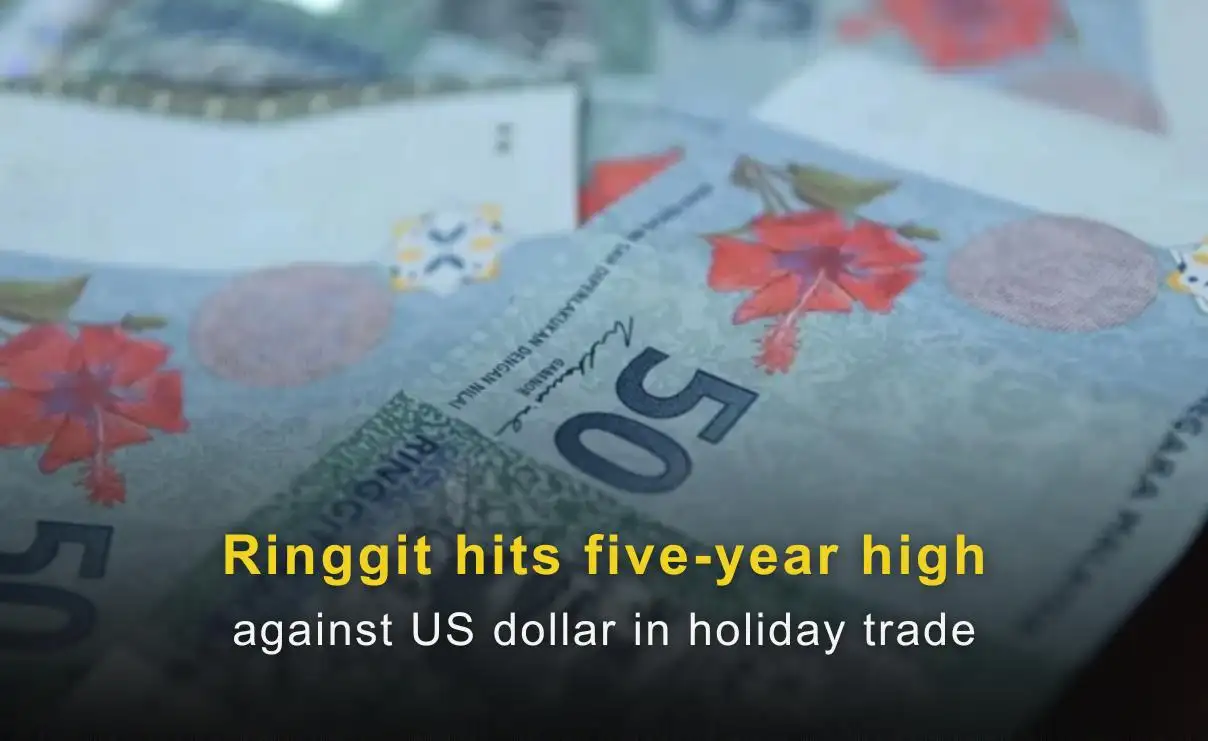Abstract:Experts in the financial markets have urged policy changes to increase the liquidity of the foreign exchange market.

Experts in the financial markets have urged policy changes to increase the liquidity of the foreign exchange market.
Ms. Razia Kahn, Regional Head of Research for Africa and the Middle East at Standard Chartered Bank, urged greater confidence over foreign exchange and other policy reforms in order for Nigeria to draw in foreign investors.
She stated: “In terms of the policy response, Nigeria has, maybe, been more challenged than many other economies,” during the bank's global research briefing in Lagos. The policy choices in Nigeria have significantly worsened how the various stresses have been transmitted into the major slowdown. However, Nigeria differs from many of its African rivals merely because it is perceived as having a scaled-up economy, as she said.
Lamin Manjang, Chief Executive Officer (CEO), Standard Chartered Bank Nigeria, said that the session took place under a period of significant global and local unpredictability and volatility characterized by high inflation and weak development.
“Almost all central banks in the world have tightened monetary policy in a very aggressive manner. We have observed the similar problem of excessive inflation in Nigeria. It's not all bad news, either. We have faced obstacles like these before, and we eventually overcame them,” he said.
David Alao, CEO of Leadway Asset Management Company, spoke about the need to attract foreign direct investment and emphasized that major forex reforms were required for the international investing public to rebuild trust in Nigeria.
Ms. Tumi Sekoni, managing director of FMDQ Exchange, raised the possibility that currency reforms may be postponed until after next year's elections.
“Almost all central banks in the world have tightened monetary policy in a very aggressive manner. We have observed the similar problem of excessive inflation in Nigeria. It's not all bad news, either. We have faced obstacles like these before, and we eventually overcame them,” he said.
Nigeria has maybe been put to the test more than many other economies in terms of the policy response. The policy choices in Nigeria have significantly worsened how the various stresses have been transmitted into the major slowdown. However, Nigeria differs from many of its African rivals merely because it is perceived as having a scaled-up economy, as she said.
“As a global bank with a rich network of experience and expertise in Africa and the Middle East, we are in a unique position to support the massive shift of capital towards sustainable finance, which has become a priority for stakeholders (investors, clients, etc.),” said Olukorede Adenowo, executive director of corporate commercial and institutional banking.
Leke Ogunlewe, former Head of Global Banking/Corporate and Institutional Banking at Standard Chartered Bank, commented on the difficulties in implementing the Petroleum Industry Act (PIA) and mentioned that there were issues with the regulation of the significant investments made by oil and gas companies in social initiatives, particularly in their host communities.
We have a regulatory body that keeps an unfavorable eye on these organizations, monitoring them. Because I know from experience that many oil and gas businesses spend significantly more than the PIA allows, I'm interested to see how it will turn out.
Femi Ogunbi, ExxonMobil's treasurer, emphasized the need for market factors such as supply and demand to have a bigger influence on Nigeria's oil and gas regulations. He claims that practically every sector in Nigeria requires more enablers and a greater respect for market forces.










